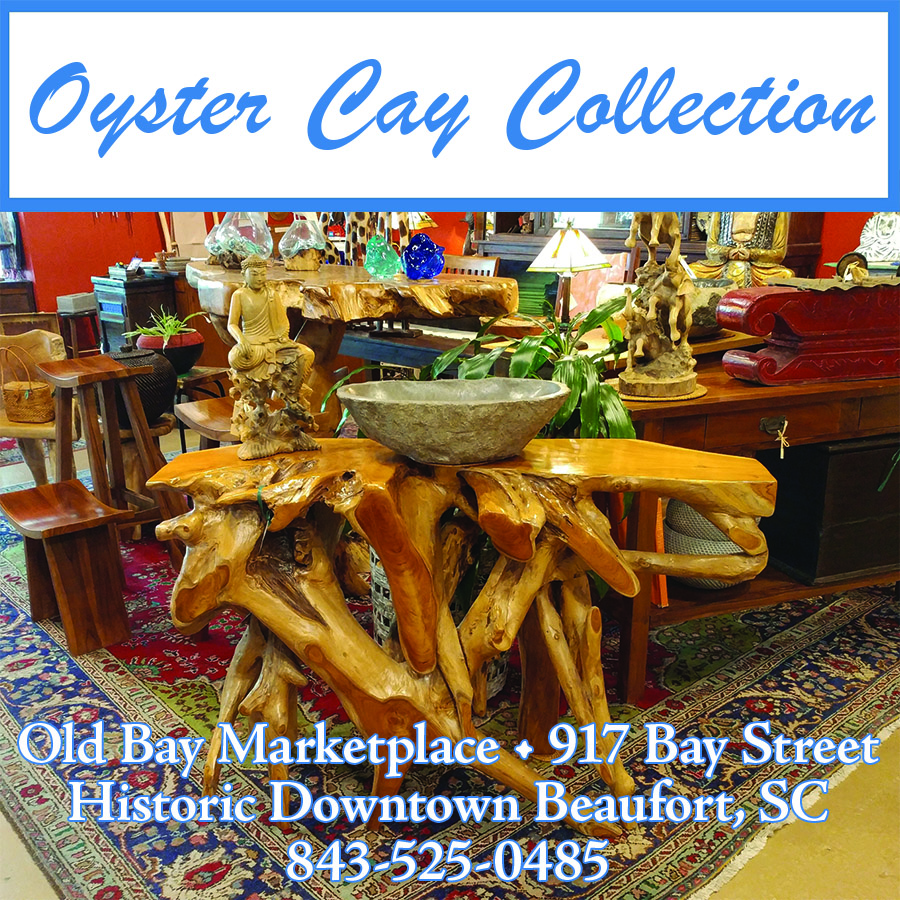 One of the fun benefits of co-owning Antiques and Such are the guests who drop by for a cup of tea and a little conversation. Recently Jenny Rone from ARTworks stopped by for a visit with Sharon, and of course we talked about the recent play “The Dining Room.” She was talking about how much she’d enjoyed watching rehearsals, as the script brought back so many memories about her own experiences growing up – experiences like many of us had during family meals. Turns out she and I have both inherited family tables and love having them for the same reason… the sense of family history they represent.
One of the fun benefits of co-owning Antiques and Such are the guests who drop by for a cup of tea and a little conversation. Recently Jenny Rone from ARTworks stopped by for a visit with Sharon, and of course we talked about the recent play “The Dining Room.” She was talking about how much she’d enjoyed watching rehearsals, as the script brought back so many memories about her own experiences growing up – experiences like many of us had during family meals. Turns out she and I have both inherited family tables and love having them for the same reason… the sense of family history they represent.
Our dining table is not one I would have chosen for my own home. It just isn’t my style. When the time came to close down my in-laws home, there were several things none of the family or friends had chosen and the table was among them. There was no way I could accept the $75 offer someone made on the table. It is solid maple, after all. Now, in my profession I’m usually very practical about the value of an item being whatever someone is willing to pay for it. After all, that’s how the IRS defines value (with lots more words of course) and who am I to argue? For some reason, though, my mind just couldn’t equate that low a price with the true value of that table. Even though it was made in the 1960’s, that table had history, stories, provenance!
The conversation at the store that day turned to the long tradition of family dinners. We shared our stories of “Sunday” china, chicken platters and children’s tables. No matter what part of the country you are from or what social status your family held, you have traditions that center around a dining table. Most of us gain many of our social skills during family meals. We learn to have a civil conversation, use silverware properly, chew with our mouths closed and get the basics of whatever religion our family has chosen. Major family decisions and announcements are made around the table. Heads of state and cooperate moguls have schemed and made deals over dining tables.
Until recently, people used the dining room table to showcase their wealth to their guests. Wealthier 17th and 18th century hosts had dinners with many courses and impressive serving pieces used to present them. Some hosts could afford to remove plates after a course and serve the next on a different set of china. Special eating utensils were designed for eating the most luxurious foods, like asparagus, strawberries and ice cream. Some of the great treasures held in museums were meant for use on a dining table. I love studying the elaborate porcelain centerpiece sets popular during this time. Even everyday tables were loaded with crystal and silver, or at least pewter and treen. A lot about the material culture of each society can be learned by studying the artifacts from dining practices.
The table was a show place and the center of social events. People spent hours around the table enjoying each course as well as conversation about current events. It seems sad that, in our society, folks have stopped talking about the news, but rush through a meal, if they even use the dining table, then group around a television. How will our children ever learn which fork to use?
Needless to say, even if it doesn’t go with my décor, I love that table. Jay’s parents are gone, but they still seem present at family events or every time I prepare one of the family favorite meals. We laugh and cry as we remember all the family and friends who have sat around that table but are no longer with us there… especially if they just moved to another town (we miss you Spiveys). I can see my own children growing up around that table. They’re young men now and I feel they are ready to move among other dining tables, expanding their horizons, comfortable in the knowledge of the correct silverware to use for each course.
Libby Holloway is a Certified Appraiser of antiques and residential contents. She is a member of the International Society of Appraisers where she is currently serving as Secretary of the Board of Directors. She is also a partner at Antiques and Such. Libby can be contacted at www.LibbyHollowayAppraisals.com
Read more Honest Appraisal





